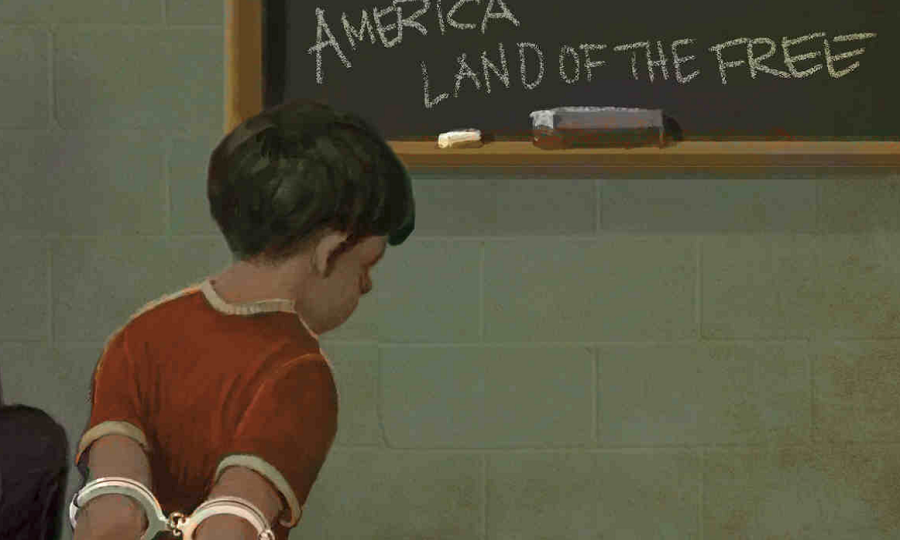Opinion: Pointers on post-grad life from 4 UW Tacoma professors
Many consider college to be the best four years of their lives. You’re becoming an adult, with both freedom and independence, yet also often still dependent, as many don’t have to pay rent and taxes just yet. But then graduation comes and goes, and you’ve come to a realization — you’re about to be thrown into the completely new world of adulthood.
To make the transition a bit easier and less dreadful, here are a few pointers from our very own faculty members at UW Tacoma:
David Coon’s Advice:
“Figure out the best way to market yourself. Focus more on the skills you’ve learned like writing, communication and critical thinking rather than the factual knowledge you’ve picked up in school. Figure out how those skills can be put to use in various situations.”
“Try to find mentors who can help you accomplish your goals. These people can help you find tricky situations, learn from your mistakes and develop your strengths.”
“Get your foot in the door. Your first job may not be your dream job, but hopefully it can be a starting point that will lead to bigger and better opportunities down the road.”
Joanne Clarke Dillman’s Advice:
“Try to be proactive while you are still in school. Avail yourself of any resources the university has to offer on internships, job fairs or resume tips.”
“Let your network of friends know what you’d like to do so if any of them have connections or hear of possible internships or entry-level work they will think of you.”
“If grad school or other professional degrees are options you’ve considered, try to get that underway before you leave school, as you’ll need letters of recommendation and transcript resources.”
“Apply widely. You may be surprised to find that you like something you did “just to get some work experience,” or because someone had an opening.”
Jennifer Myers Baran’s Advice:
“Marketing yourself becomes crucial. Think about the vital skills you have learned while studying film, media, literature, visual arts, etc. Honing your critical thinking and analytical skills, are attributes that most employers value.”
“[Don’t] be afraid or ashamed to take any job after graduating. I worked in a restaurant waiting tables throughout my college years and continued to do so after graduating. I did so out of necessity [since] bills don’t get paid on their own, but it also helped build character, make connections, and kept me on a routine. I found that keeping up a routine after graduation was really important for me. I would also encourage recent graduates to seek out an internship and/or an entry-level position in a field about which they are curious.”
Troy Brown’s Advice:
“[Don’t] worry about the whole ‘I don’t have experience, so I can’t get hired, but I can’t get experience without a job’ problem. Nearly every person you see in the professional world today had that same challenge at one time, and they all made it through. The key is to sell employers on the portable skills you do have — things like being able to think critically, write cogently, and serve people and clients well. These are skills you probably already have from summer jobs, college course work or volunteer work you have done.”
“I also strongly encourage students to pursue internships. Internships are a phenomenal way to gain relevant work experience, to hone your skills and to learn more about what you really want — and don’t want — in a job. Many internships lead to full-time employment. In my case, I started my career as a UW college intern at the Port of Seattle my senior year, and was hired as a permanent employee one year later, and advanced through a number of roles, eventually becoming a section manager.”
“Go ahead and apply for entry-level jobs that say they are looking for one or two years of experience. If you are confident you have the skills the employer has outlined in the job posting, and can demonstrate that with clear and tangible results, I say go for it and apply even if you don’t have the years they state.”





